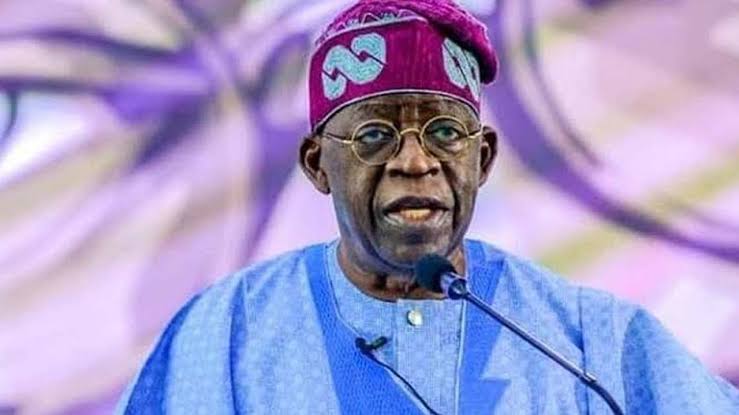The Governorship tenure of Bola Ahmed Tinubu, from 1999 to 2007, revealed a period of possibilities that gave Lagos state a lift into more dimensions of growth and development as a state. Below are seven outstanding achievements of Bola Ahmed Tinubu, during his tenure as Governor of Lagos State, (1999-2007).
- Infrastructural Development: Tinubu prioritised infrastructural development and carried out a number of initiatives to improve public spaces, housing, and transportation. The Bus Rapid Transit (BRT) system, which he introduced, revolutionised public transportation in Lagos and eased traffic congestion. In addititon to this, the Lekki-Epe Expressway, Third Mainland Bridge, and Eko Bridge were among the significant road networks, bridges, and flyovers that Tinubu also started building. These structures greatly enhanced intra-city connectivity.
- Education Reform: Tinubu made significant reforms in the education sector after realising the value of education for societal advancement. He made investments in the construction and renovation of schools, gave teachers resources and training, and started policies to broaden access to high-quality education. The Eko Project was launched by Tinubu’s administration with the goal of raising the standard of primary education in the state by giving free textbooks and teaching aids to students.
- Healthcare Improvement: Tinubu focused on enhancing the provision of healthcare in Lagos State. He upgraded and renovated a number of public hospitals and health facilities, making sure that they had the necessary resources and personnel. Additionally, Tinubu set up primary healthcare facilities in a number of communities, making it easier for locals to get access to essential medical care. To offer low-income citizens and vulnerable groups access to affordable healthcare, his administration implemented health insurance programmes.
- Environmental Sustainability: Lagos State made significant progress in addressing environmental issues under Tinubu’s direction. A comprehensive waste management programme designed to ensure that locals live in a cleaner and healthier environment was started by him, under the name ‘Cleaner Lagos Initiative’. The programme called for the creation of waste management organisations, the distribution of waste disposal tools, and public education campaigns on waste recycling and separation.
- Revenue Generation and Fiscal Responsibility: In order to improve revenue generation and fiscal responsibility in Lagos State, Tinubu put effective policies in place. The Land Use Charge, a property tax system that was implemented under his administration, significantly increased the state’s own revenue. Additionally, Tinubu streamlined the procedure for acquiring land titles, making it simpler for people and companies to secure land ownership and draw in investors.
- Security and Law Enforcement: The security and safety of Lagos residents was a top priority for Tinubu. To increase their ability to fight crime, he made investments in law enforcement organisations like the Police and the State Security Service. The administration of Tinubu provided security personnel with cutting-edge tools and training, which reduced crime rates and raised residents’ feelings of security.
- Economic Growth and Job Creation: Tinubu put policies and programmes in place to encourage economic development and job creation in Lagos State. He attracted foreign direct investment by fostering an advantageous business climate and enacting laws that supported innovation and entrepreneurship. The Lagos State Employment Trust Fund, which was established by Tinubu’s administration, gave entrepreneurs financial assistance and training, supported small and medium-sized businesses by increasing job opportunities and promoting economic empowerment.








More Stories
Bringing Life to Ajaokuta Steel Company
Reconsidering the cybersecurity levy
Tinubunomics: what’s working, what’s not, why and way forward